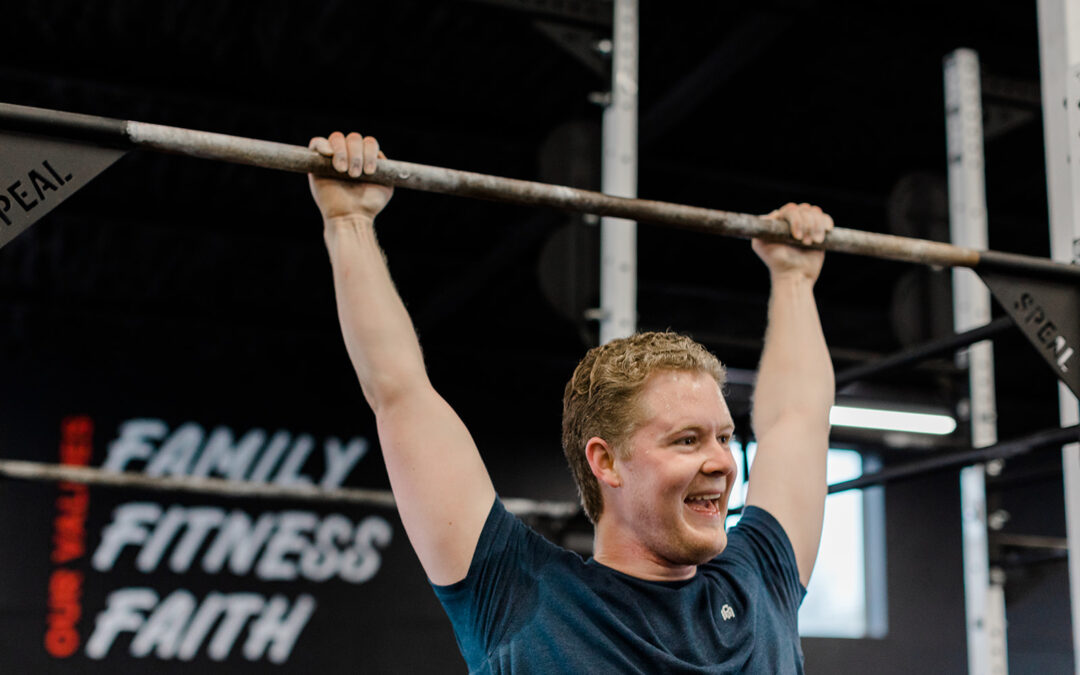This is the second email of a series focused on the why behind fitness and nutrition. If you missed last weeks email click here to read it.
Today I want to explain various health markers you track to better understand your personal health. In each area I will start with the most basic ways to assess yourself then tell you more precise ways to determine your health in that area. The markers will revolve around the four levers that are the most impactful to your overall health – sleep, stress, exercise and nutrition. These four areas greatly determine your overall health. Lets see how you are doing in each of them.
Sleep
Sleep should recharge your body. The easiest and most simple way to determine if you got a good nights sleep is by asking yourself a few simple questions when you wake up.
- How do I feel?
- Do I feel rested or tired?
- Do I feel good or bad?
- Did I get enough sleep?
- Could I have benefitted from more sleep?
You get the idea here. It’s a self assessment. You know yourself and very likely know the answer to these questions. Try your best to answer objectively.
If you would like to invest money into determining this answer you can purchase a device to help determine a sleep score based on metrics that are measured. Your sleep score as determined by the wearable device is a measurable way to determine your sleep. It’s very insightful and could add validity to the way you feel based on answering the questions.
Stress
Unlike sleep stress is ongoing and often subtle. The stress of life can affect your health. To give an extreme example think of a person receiving the news of a loved one dying in a car accident by a knock at the door from a police officer and immediately going into shock or cardiac arrest. This is extreme but it shows how much what we feel affects our body physically. Anxiety and emotional trauma affect your stress levels which affect your health specifically your central nervous system. Although harder to measure this is impacting your health.
The most basic way to see how your body is responding to stress is to check your blood pressure and resting heart rate. If these numbers are elevated more than normal chances are you are experiencing some level of stress. The more time intensive way to assess your stress is to schedule an appointment with your primary physician and have them conduct a full physical. This is good to do annually even if nothing is wrong. But if you are experiencing a very stressful time in your life it would be good to get checked out and see how your stress is affecting your vitals.
Exercise
To begin in this area lets define fitness. To be fit means you can execute daily activities with optimal performance. In other words if you want to do something you are able to do it. This ties into the reason I am writing this series. You workout because you desire to do activities in your life that demand one or all of the 10 general physical skills: cardiovascular endurance, strength, stamina, flexibility, power, speed, agility, coordination, balance and accuracy. You may need one of these for a specific task such as flexibility to pick something up off the ground or all 10 if you decide to do a very physically demanding task such as go skiing with your grandkids at the age of 70.
A basic one mile jog can be a great way to assess your current fitness level. If your knees cannot run get on a concept 2 rower or echo bike. Push at a moderate intensity and go for 10 minutes and see how far you get. If you are exhausted and need to stop chances are your fitness level is low. If you finish the 10 minutes and feel like you could go for another 10 minutes at the same pace your fitness is in a good place. This only tests one area but it is an inexpensive way to check-in with your overall fitness. A more expensive and sophisticated way to determine your current fitness level is to have a VO2-max test.
Nutrition
When I meet with a new client I often have them rate their nutrition on a 1-10, 10 is great and 1 is terrible. Most people know if they are eating healthy or not. Healthy eating is based on behavior driven choices more than knowledge. A simple check-in with yourself in this area could be asking yourself the same question. If you are below 5 you need to make adjustments. If you are above 5 then you are conscious of what you eat. Somewhere between 8-10 is where you want to be in this area.
Getting a body fat test such as an InBody scan or Dexa scan can be a more sophisticated way to determine your eating habits. A high body fat is an indication that you need to improve your nutrition habits.
Where to start
The four areas covered in this email – sleep, stress, exercise and nutrition give you an overview of your health and why it is important to commit to a healthier lifestyle. Start where you are struggling the most. Which of these areas is most in need of your attention? Make changes and then continue to improve in the other areas.
The next email will focus on the benefits of committing to a healthy lifestyle. This takes work but it’s worth it. Eating healthy and exercising each day is discipline that reaps a lifetime of benefit.
If you need help let me know. You don’t have to do this alone. If you are not where you would like to be then accountability is likely the very thing you need in order to achieve a healthy lifestyle.
[wpforms id=”116″]


Recent Comments